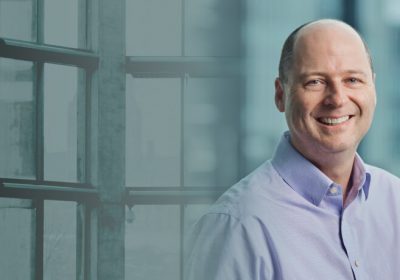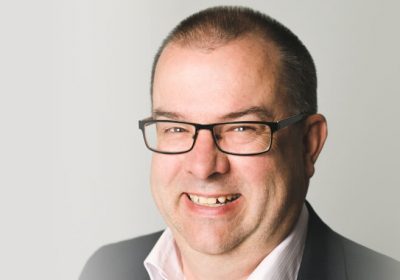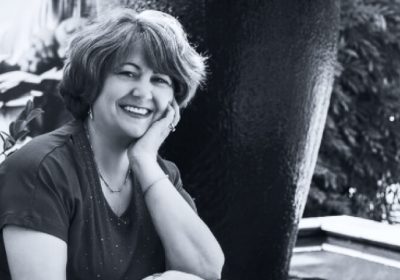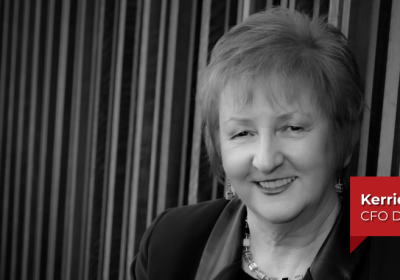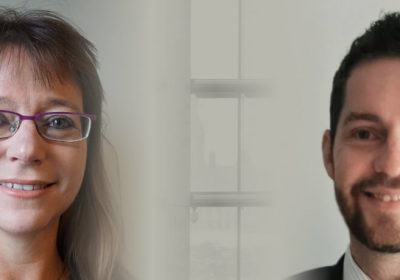
- Author: Emma Foster
- Posted: July 15, 2024
Land of Opportunity > Laeek Afzal, CFO ENTEK International
Since relocating to the United States from Australia five years ago, CFO Laeek Afzal has acclimatised to the local market dynamics, but admits some differences were harder to get used to than others.
“The experience has really stretched me, across all areas of being an effective CFO, from the personal side, the technical side and the strategic side,” says the Nevada-based CFO of manufacturer ENTEK, a private-equity backed global producer of battery separators, extruders and parts.
Like many Aussie expats, Afzal’s initial move was “strategically opportunistic” rather than planned. As he’s settled in, doors have opened, enabling him to leverage the experiences he’d gained having consulted on various M&A and capital market transactions and other strategic business projects with multinational firms PwC in Australia and the United Arab Emirates and QNB Group in Qatar, and in-house with the global corporate finance and strategy team at international steel supplier, BlueScope.
Opportunity knocks
The spark for the US move came when Afzal was tasked with assessing the financial feasibility of a site expansion for BlueScope’s Ohio-based business North Star BlueScope, following the work he’d done on the full buyout of the jointly owned steel making business in 2015.
“I was essentially leading that project from Melbourne, flying back and forth to Toledo, Ohio about twice a month,” Afzal recalls.
Six months in, he took up an offer of a secondment to join North Star BlueScope as financial controller, relocating in 2019 to Ohio with his wife and three young children (they have since welcomed a fourth). Not long after that, he was promoted to VP of Finance – the equivalent of CFO – a role he held for more than two years.
“It was the biggest, highest profile business within BlueScope at the time. I knew I’d learn different skills, and our kids were pretty young, so we thought it was a good time to try it,” he recalls. “I worked with some amazingly talented leaders across the business at BlueScope and learnt a lot of important skills that helped with the transition to the CFO role.”
In May last year, Afzal embraced a new opportunity, relocating the family to the other side of the country just south of Las Vegas to take up his current role with ENTEK. He saw it as a chance to have a taste of working with a high-growth, private equity backed business, and to flex his skills in a global role with a remit to lead the financial strategy for the business across the US, UK, Japan and Indonesia. The role ENTEK plays in decarbonisation was another attraction, its big growth plans in the servicing the electric vehicle market in the US offering Afzal a very different lens from his prior experience with larger publicly listed businesses.
Nuanced adjustments
Afzal’s adjustment to life as a finance leader in the US has come at a particularly interesting time, coinciding with historically significant events globally such as the COVID-19 pandemic, and domestically such as the storming of the United States Capitol Building in Washington, DC on January 6, 2021, along with this year’s tumultuous presidential election re-match.
While these remarkable events have undoubtedly influenced the financial and economic operating environment adding an extra layer of contemporary complexity, Afzal says other aspects of the market had also “taken a little bit of getting used to”, many of which stem from the starkest characteristic of the market: its sheer scale.
“Both on the private equity side as well as the public markets, everything is so much bigger in the US than what you’re used to in Australia,” he says.
“The capital market opportunities are far more extensive. The US has hundreds of banks, so many lenders that are accessible, particularly if you’re in the private capital market side. It’s been quite interesting to see the depth of stakeholders on the capital market side.”
The effect of the market’s size plays out in many other ways, he says, from state-based differences around ESG risk management requirements to navigating cultural differences from one side of the country to the other.
“For many investors, the focus on ESG is there, but it’s not universal, particularly amongst different sized private equity players. Australia and Europe are definitely ahead in setting things like decarbonization targets, modern slavery requirements as well as other diversity related areas,” he says.
“Linked to that is the amount of independence each state has within the US to have their own legislation. So, in different states, you may have a slightly different lens on some of those topics depending on whether its Republican – where it has a more traditional approach, ‘let the market participants decide best approach – or Democrat, where it seems more actively driven by legislation.”
The varied state-based views also give rise to a patchwork of rules and requirements, including variances in financial certification and licencing obligations, and tax treatments.
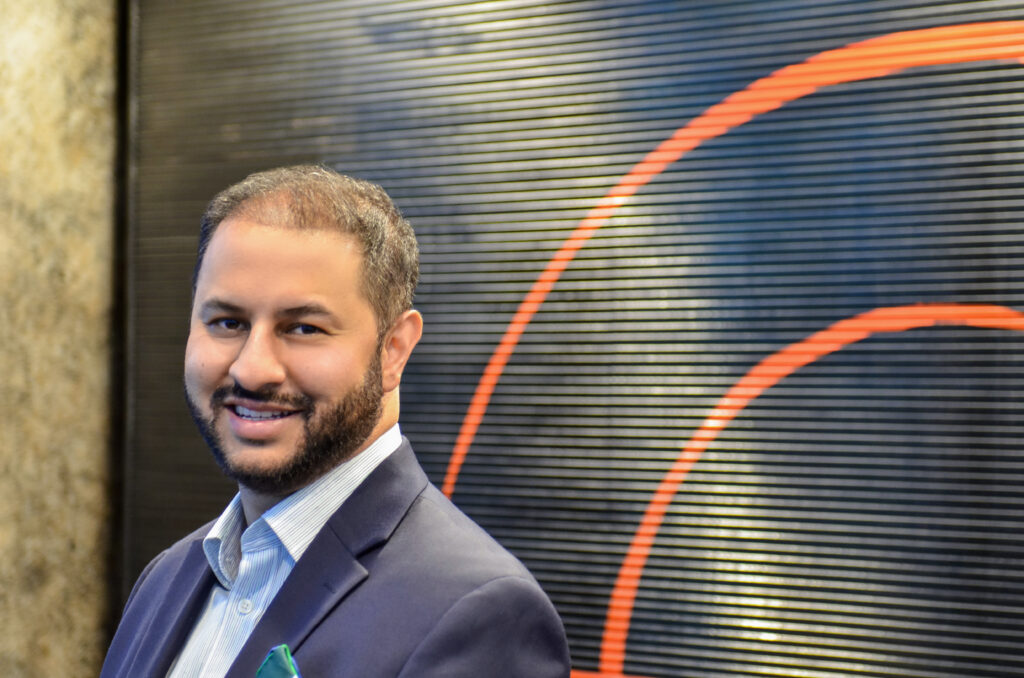
“That makes it much more complex in the US than in Australia, in my experience, and means you need people or advisors with expertise in every jurisdiction in which you buy and sell into as they all have different reporting requirements,” he says. “You have to be much more aware of differences in every state, especially if you’re a business that has tentacles across the country.”
Another aspect that took Afzal some time to fully grasp has been the significance of the cultural differences when working with people in different areas of the US.
“Although it’s very nuanced, on the East Coast, it’s typically more direct and competitive in terms of how people communicate and operate, whereas in the mid-west and Pacific north-west – where I have had more experience – it’s typically indirect and more polite in terms of style,” he says.
“What that’s meant in those more polite areas is that Aussies can be seen as quite blunt. I’m relatively mild by nature and, back in Australia, was generally given advice to be more assertive as a leader, but in the Mid-West of the US I get the opposite! The feedback at times is, ‘You may need to dial it down a little’. So that’s been a learning experience in how I need to flex my style depending on the region I am dealing with, this has been very relevant when I have also had to communicate with teams I led in Asia after just getting off a call with a banker from New York.”
Optimism despite uncertainty
Afzal says in the year ahead, despite the operational uncertainty created by the presidential elections, there is general optimism about the US economy which has shown more strength than predicted. It bodes well for continued growth for those companies supporting manufacturing jobs in the US in particular.
“We’re really focused on executing some strategic growth opportunities and supporting EV onshoring in the US,” he says.
“I’m enjoying it and happy to be here. It’s been an amazing learning experience across everything – the cultural pieces, the complexity of what I’m dealing with, building out teams, driving finance transformation and simply operating in a such a big market.”
Laeek Afzal’s TOP FOUR TIPS for A/NZ Finance Leaders with US Aspirations:
1. Jump at US secondment opportunities
If possible, put your hand up for a secondment in the US through your employer. The easiest path is likely to be through a large accounting firm or consulting firm with US tentacles. These bigger firms are also used to dealing with “E-3” visa requirements, which is the working visa available to Australian citizens in “specialty occupations” in the US.
2. Brush up on US GAAP
If you’re going for more technical accounting or controller type of roles, understanding US GAAP – more so than IFRS – will be an advantage. It’s worth investing to gain the skills. Having clients or working with companies in your remit that need to comply with US GAAP and SOX (the Sarbanes–Oxley Act) requirements will be viewed as an advantage by a future US employer.
3. Add systems and digital experience to your armoury
You’ll also have an advantage if you bring experience in working across a large ERP (enterprise resource planning) system – like SAP, Oracle or D365 – and in finance transformation across automation of accounts receivable/payable, robotic process automation or other autonomous finance initiatives. Look for opportunities to gain that experience.
4. Post grad qualifications are valued
Finance professionals in the US in general are very academically inclined, with MBAs or other post-grad study more common than in Australia. Although it’s very expensive, doing a post-grad degree aligned with a US college (ideally a well-known MBA program or similar) will stand you in very good stead to compete with local US talent.



